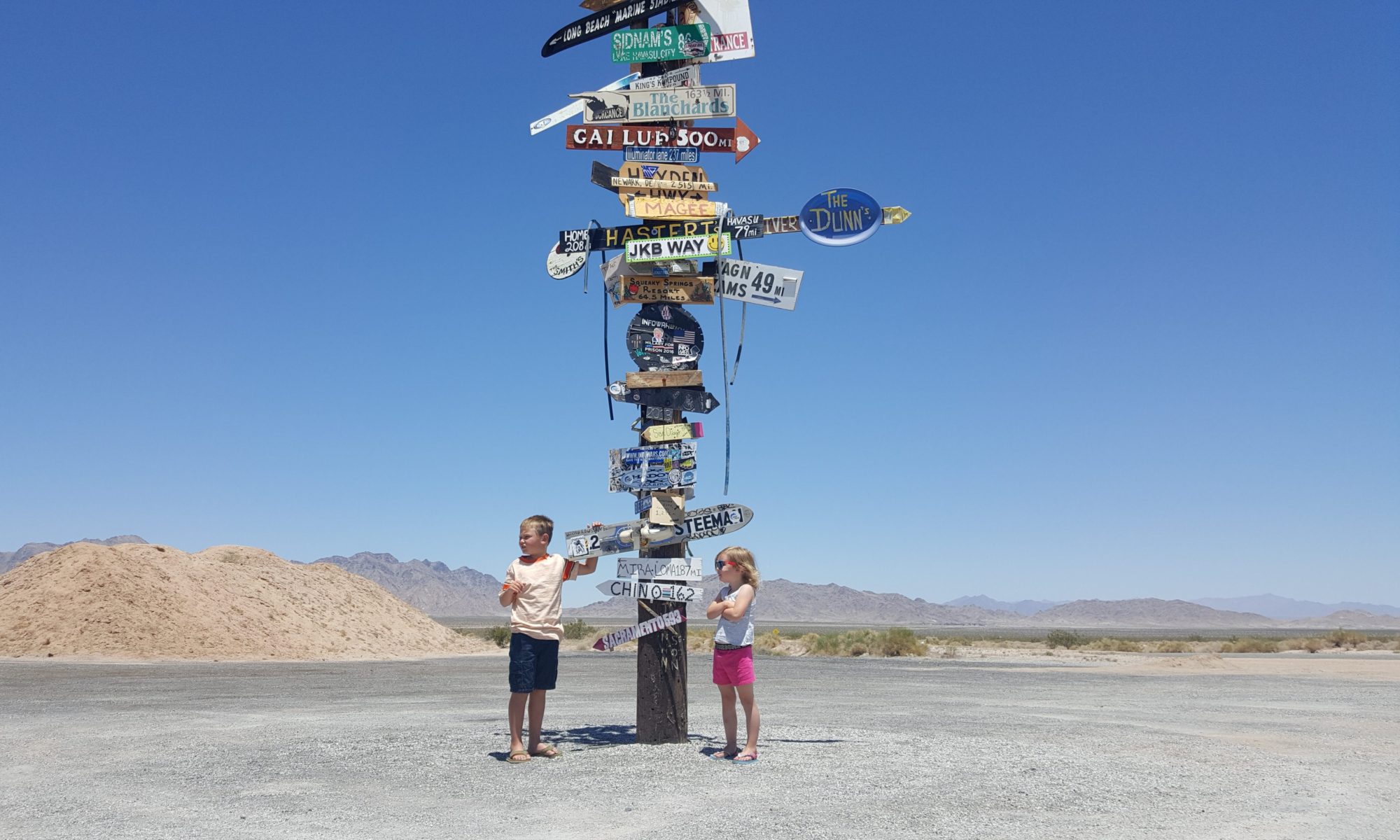In this chapter, Solomon reverts to his Proverbs style; there are no major discussions but only a sentence or two on each subject.
“I have tried my best to be wise. . .I declared, ‘I will be wise’, but it didn’t work. Wisdom is far away and very difficult to find. I searched everywhere, determined to find wisdom and the reason for things. . .to prove to myself the wickedness of folly and that foolishness is madness.” (Verses 23-25). Why did Solomon say his quest for wisdom didn’t work?
In 1 Kings 3, we read that Solomon visited Gibeon and sacrificed 1,000 burnt offerings. “The Lord appeared to him in a dream that night and told him to ask for anything he wanted, and it would be given to him!” (Verse 5). Solomon responded with, “Give me an understanding mind so that I can govern your people well and know the difference between what is right and what is wrong.” (Verse9). In verse 12, God responded, “yes, I will give you what you asked for! I will give you a wiser mind than anyone else has ever had or ever will have!”
We now have to ask the questions why did Solomon make so many mistakes; why didn’t it work for him? Maybe it was because Solomon only asked for wisdom in governing the nation. He didn’t ask for wisdom in governing his personal life. In fact, verse 1 of this 1 Kings 3 tells us that Solomon had already decided to go his own way. “Solomon made an alliance with Pharaoh, the king of Egypt, and married one of his daughters.” While she was not a member of one of the nations Israel was to completely destroy, she was probably one who worshipped false gods, the issue that caused Solomon’s downfall with God. Maybe he thought he was smart enough to handle some things on his own or he could find it in books.
In verses 27-28, Solomon said he talked with many people during his long life and found very few were wise. Most of the people he talked with may have been trying to get a personal favor from the king. He ends this chapter with these words: “And I found that though God has made men upright, each has turned away to follow his own downward road.” (Verse 29). We call that depravity. When our original ancestors, Adam and Eve, sinned, they became like the trees and animals in one thing; they could only produce replicas of themselves; descendants with a sinful nature.
